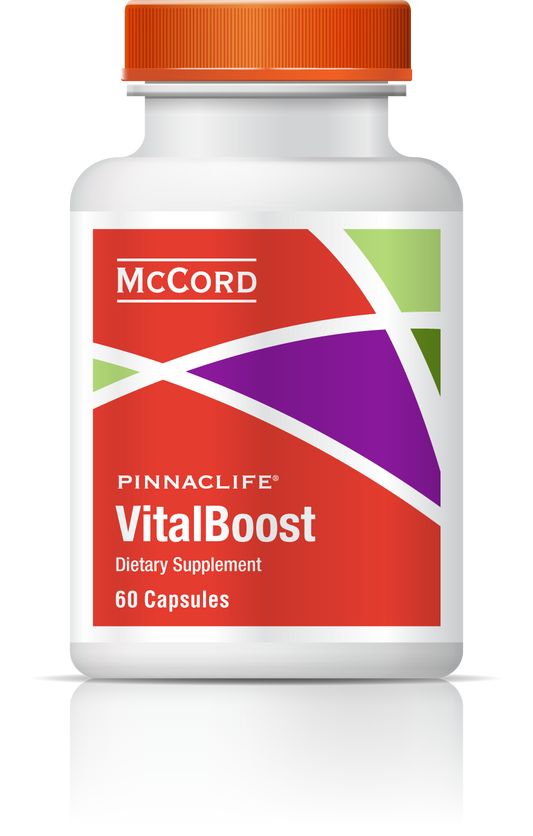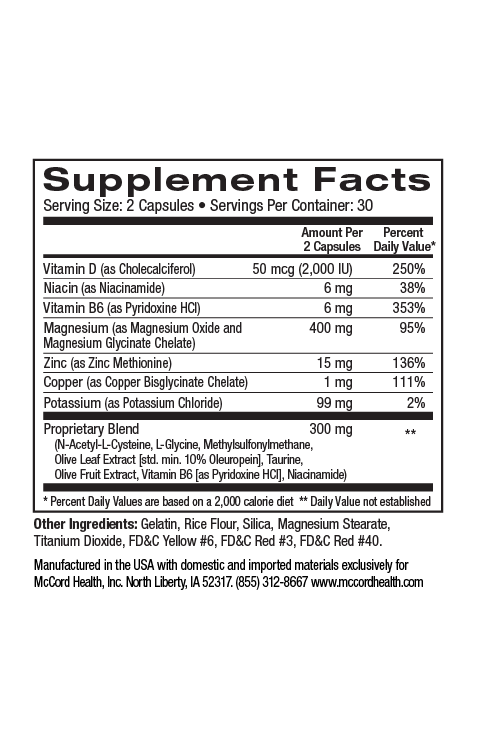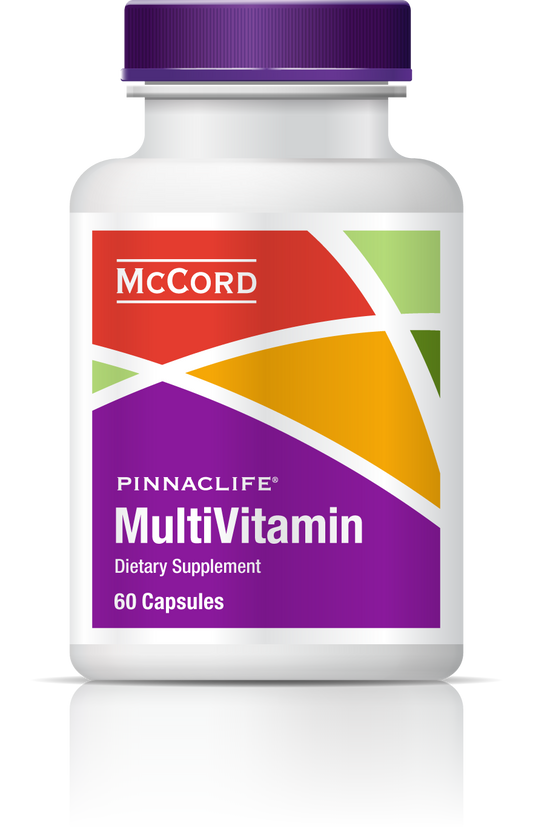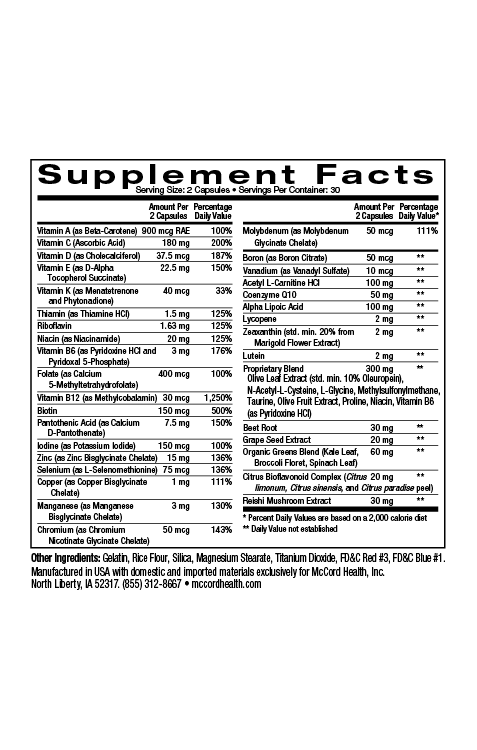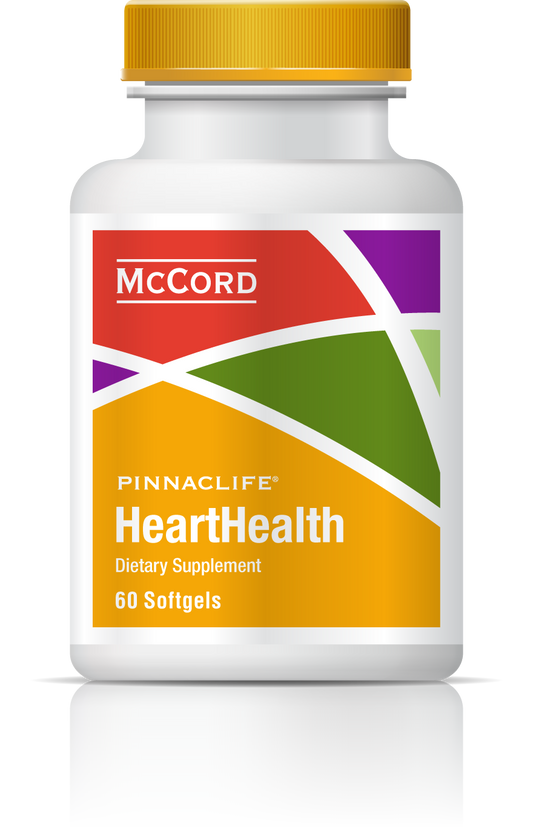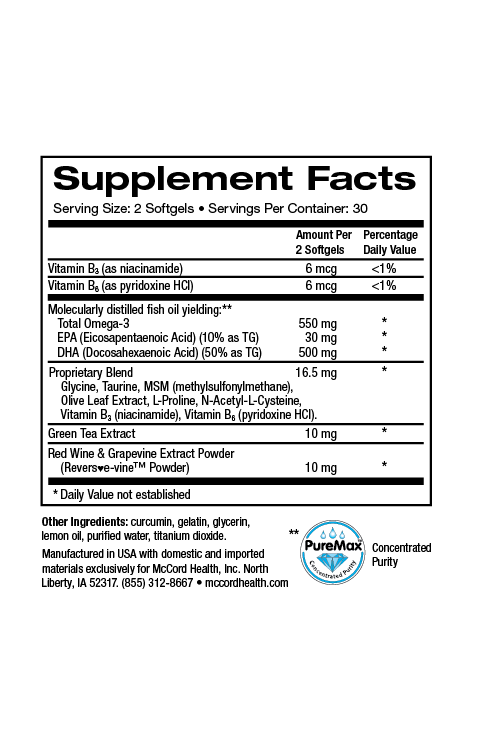Are you getting enough Magnesium and Vitamin D? Statistics suggest that 40-50% of otherwise healthy adults and children don’t intake enough Vitamin D, and magnesium deficiency is increasingly more common. Vitamin D helps your body absorb calcium, but what most people don’t realize is that magnesium aids in activating Vitamin D so that your body can use it.
- 40-50% of healthy adults are vitamin D deficient
- Vitamin D3 supplementation is recommended because it’s difficult to get enough vitamin D from food and the sun
- Vitamin D plays many critical roles in the body
- Magnesium improves vitamin D activity and function
- Vitamin D3 and magnesium, and patented Proprietary Blend are perfectly balanced to protect against free radicals and improve health
Are You Getting Enough Vitamin D?
Statistics suggest that 40-50% of otherwise healthy adults and children don’t intake enough Vitamin D. Vitamin D3 is produced from cholesterol in the skin upon exposure to UVB radiation from sunlight, but most people do not get enough Vitamin D3 from sunlight alone. It is difficult to obtain enough Vitamin D from food sources alone, and the sun cannot be counted as a reliable source for everyone because of many factors, such as the season, time of day, sunscreen, skin color, age and more. Most dermatologists recommend using sunscreen to protect your skin from the harmful rays of the sun and adding Vitamin D3 to your diet and taking supplements as your primary source.
Benefits from Vitamin D
Vitamin D has many critical roles in the body, including maintaining the health of bones and teeth. Bone disorders such as rickets and osteomalacia can be treated and prevented by Vitamin D. Having a balanced amount of Vitamin D, magnesium, and calcium is a crucial component for building and maintaining healthy bones. In addition to bone health, Vitamin D is also essential for supporting the immune system, brain and nervous system, mood disorders, regulating insulin levels, aiding in diabetes management, supporting lung function, cardiovascular health, and so much more.
Magnesium and Vitamin D
Vitamin D shares an intricate relationship with magnesium. Magnesium is involved in over 300 different body processes, including improving Vitamin D’s activity and function. Magnesium also modulates the sensitivity of tissue to Vitamin D. Studies show that magnesium supplementation helps correct Vitamin D deficiency more efficiently compared to supplementing Vitamin D alone. This means that by merely increasing our magnesium intake we can decrease risk of Vitamin D deficiency without increasing intake of Vitamin D. On the contrary, low magnesium levels will make Vitamin D ineffective. Insufficient magnesium levels slows down the metabolic processes that activate and mobilize Vitamin D, so without enough magnesium the Vitamin D remains stored in its inactive forms.
Difference Between Vitamin D2 & Vitamin D3
There are two main types of Vitamin D; Vitamin D2 (ergocalciferol) and Vitamin D3 (cholecalciferol). Vitamin D2 is synthesized by plants and mushrooms and cannot be produced by the human body. Vitamin D3 is produced from cholesterol when the skin is exposed to UVB radiation from sunlight and can also be ingested from animal sources like cod liver oil.
Both Vitamin D2 and D3 must be converted into more active forms in order to bind to and activate the Vitamin D Receptors and produce health benefits. Vitamin D3 metabolites appear to produce more activity than Vitamin D2 metabolites, so D3 is often considered the more active and preferred form.
Did you know? Exposing mushrooms to sunlight can increase the amount of Vitamin D2 in them, the same way that exposing your skin to sunlight increases your own production of D3!
Vitamin D + Magnesium in Olivamine VitalBoost
Vitamin D helps your body absorb calcium, but what most people don’t realize is that magnesium aids in activating Vitamin D so that your body can use it. Vitamin D3 and magnesium along with our powerful Proprietary Blend formula make VitalBoost a perfectly balanced supplement.
Proprietary Blend is a patented antioxidant formulation developed by McCord Research that protects against free radicals throughout the body. Its main ingredients include hydroxytyrosol, from the olive leaves, N-acetyl-l-cysteine, glycine, taurine, MSM, and Vitamins B3 and B6.
Disclaimer: These statements have not been reviewed by the FDA. These products are dietary supplements and are not intended to treat, cure, or prevent any disease. The decision to use these products should be discussed with a trusted healthcare provider. The authors and the publisher of this work have made every effort to use sources believed to be reliable to provide information that is accurate and compatible with the standards generally accepted at the time of publication. The authors and the publisher shall not be liable for any special, consequential, or exemplary damages resulting, in whole or in part, from the readers’ use of, or reliance on, the information contained in this article. The publisher has no responsibility for the persistence or accuracy of URLs for external or third party Internet websites referred to in this publication and does not guarantee that any content on such websites is, or will remain, accurate or appropriate.

